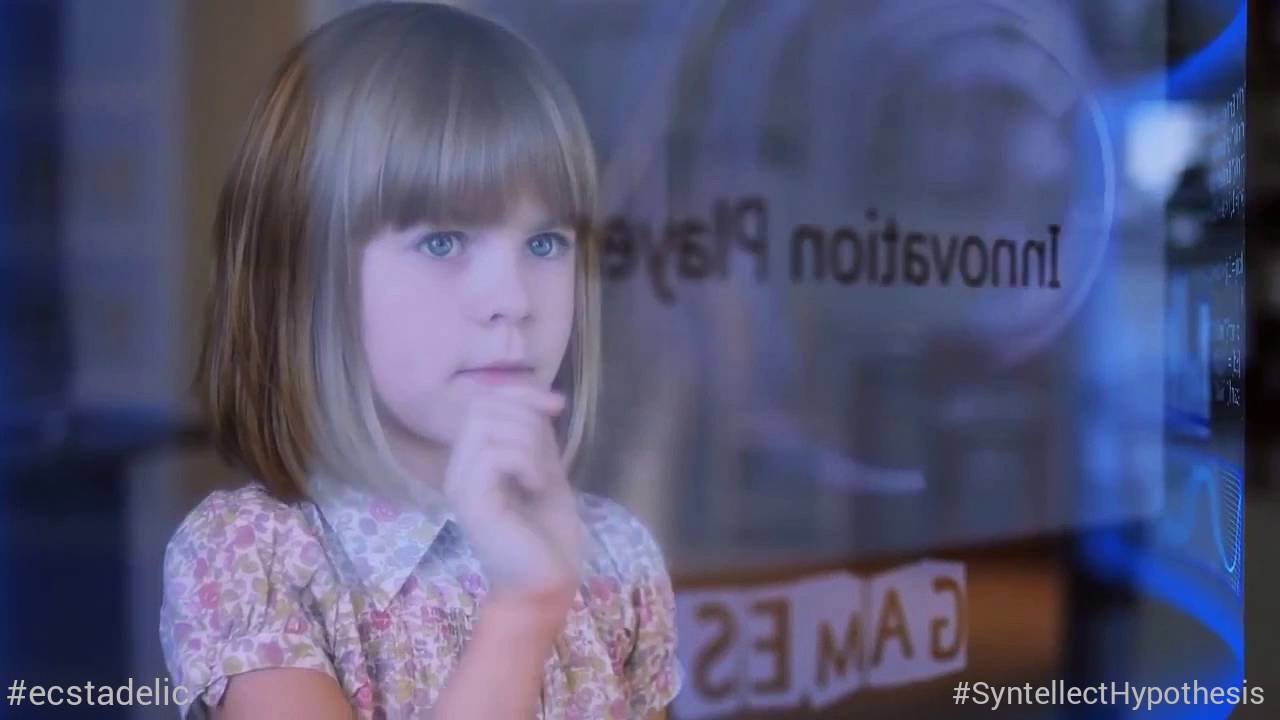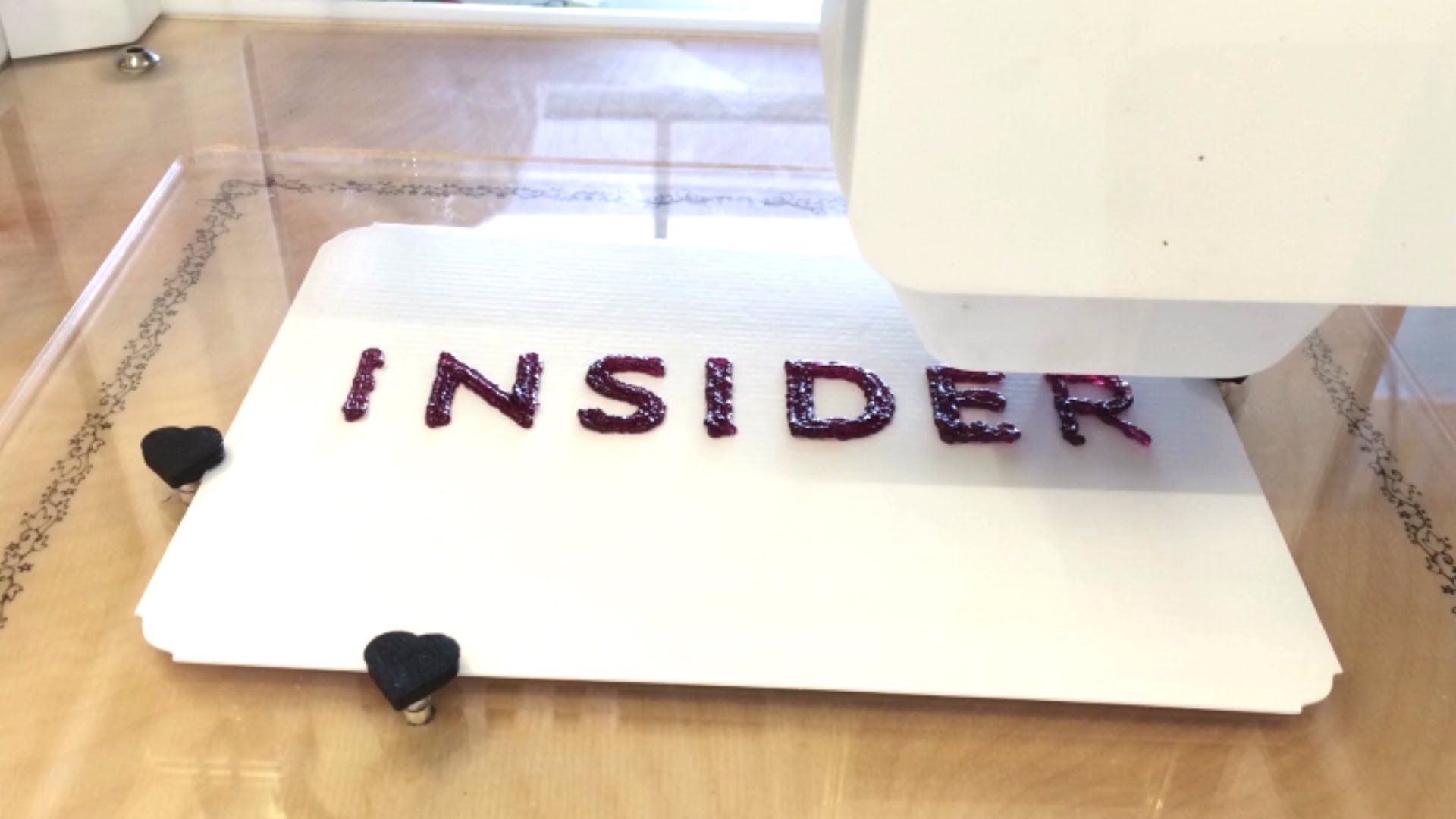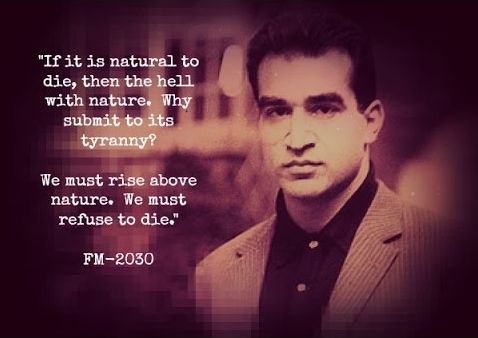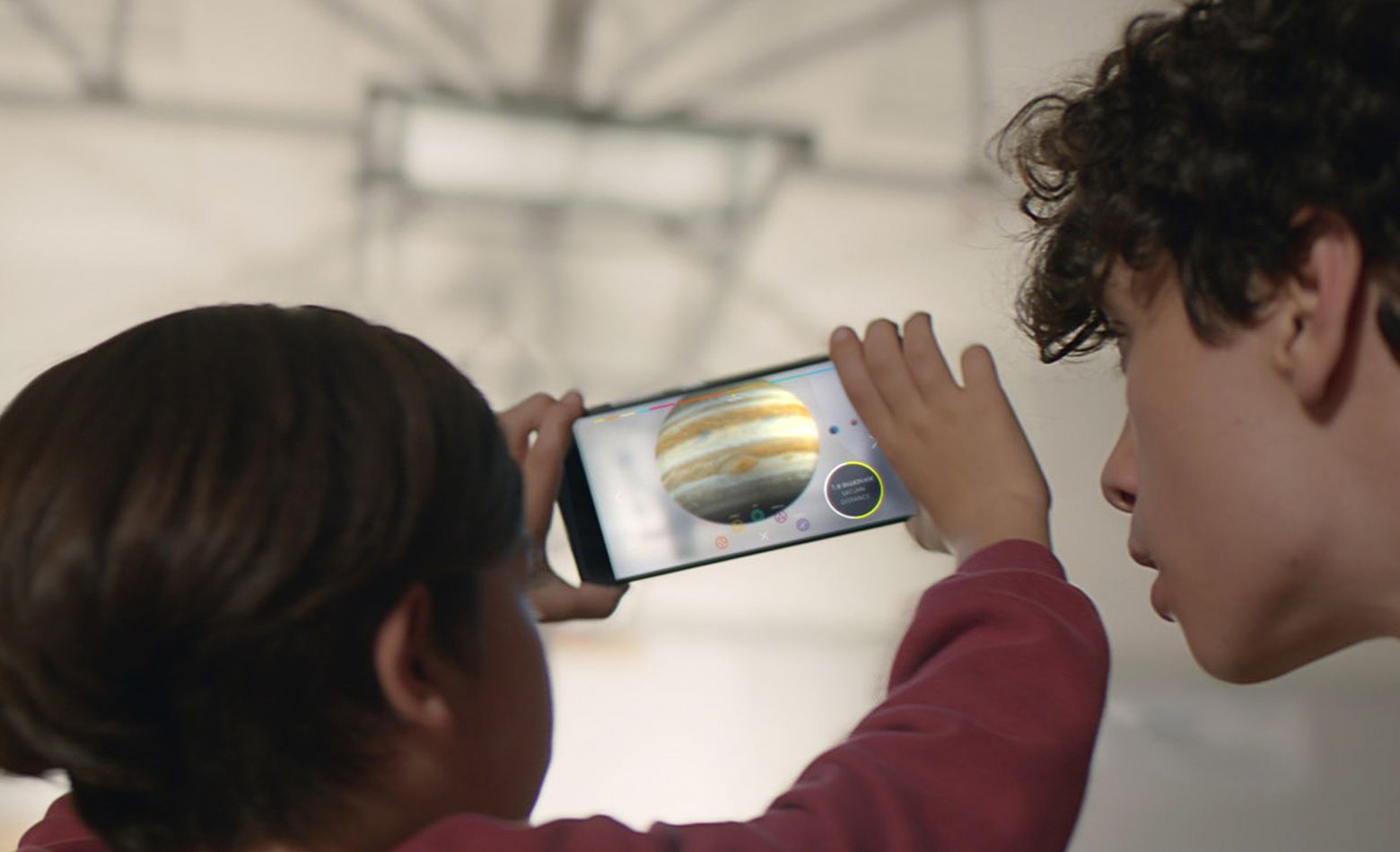Page 11125
Jun 9, 2016
Fundamental Physics of Consciousness
Posted by Shailesh Prasad in categories: neuroscience, physics
Jun 9, 2016
A group of Japanese high-schoolers have found a way to hatch an egg, without the egg!
Posted by Shailesh Prasad in categories: biological, education

Now biology classes can observe development while still keeping the chick alive!
The clip is a segment from Japanese educational TV show “Gatten” that aired 05.18.2016. Captions, appropriately, by Spoon & Tamago (tamago means ‘egg’ in Japanese)
Jun 9, 2016
Documentary on one of the Founders of Transhumanism: FM 2030
Posted by Shailesh Prasad in categories: education, transhumanism
Jun 8, 2016
The Syntellect Emergence #SyntellectHypothesis
Posted by Shailesh Prasad in categories: evolution, neuroscience

The Syntellect Hypothesis: Five Paradigms of the Mind’s Evolution, Book Trailer, more info: www.ecstadelic.net
Jun 8, 2016
Uber’s CEO is so confident in his company that he’s let his driver’s license expire
Posted by Shailesh Prasad in category: transportation
Don’t expect to see Uber’s CEO behind the wheel any time soon.
On stage at the Axel Springer NOAH Berlin tech conference, Travis Kalanick fessed up that he’s let his driver’s license expire.
As for owning a car? Yeah, that’s broken too.
Jun 8, 2016
This candy store 3D prints your wildest candy dreams
Posted by Karen Hurst in categories: 3D printing, food, robotics/AI

Well, if AI takes my job; I guess I can open my own Candy Factory.
Originally from England, this candy store can create 3D sweets. They can print 100 different shapes, or an original design controlled by a kid-friendly app.
Jun 8, 2016
Air pollution can mess up your brain
Posted by Karen Hurst in categories: biotech/medical, health, life extension, neuroscience
I am not surprised at all by this finding given the other issues with pollution such as cancer from carcinogens, asthma, sinus infections, etc.
Air pollution is a known culprit in lung and heart disease. Fine particulate matter, tiny particles, 1/30th the width of a human hair, are released into the air by power plants, factories, cars and trucks. These fine particles somehow invade the body’s defenses and do the most damage. Air quality is worst in urban areas with increased traffic. New research points out that air pollution negatively affects brain and cognitive development in young children and teenagers.
Moreover, Jennifer Weuve, an assistant professor of internal medicine at Rush Medical College, found that older women who had been exposed to high levels of the pollution experienced greater cognitive decline compared with other women their age (Archives of Internal Medicine, 2012). Other studies cite black carbon in the form of soot as a cause of cognitive decline in an aging population for both men and women. Simply put: Dirty air messes up the brain.
Jun 8, 2016
Your phone may soon sense everything around you
Posted by Karen Hurst in categories: augmented reality, mobile phones
SAN FRANCISCO (AP) — Suppose your smartphone is clever enough to grasp your physical surroundings — the room’s size, the location of doors and windows and the presence of other people. What could it do with that info?
We’re about to get our first look. On Thursday, Lenovo will give consumers their first chance to buy a phone featuring Google’s 3-year-old Project Tango, an attempt to imbue machines with a better understanding about what’s around them.
Location tracking through GPS and cell towers tells apps where you are, but not much more. Tango uses software and sensors to track motions and size up the contours of rooms, empowering Lenovo’s new phone to map building interiors. That’s a crucial building block of a promising new frontier in “augmented reality,” or the digital projection of lifelike images and data into a real-life environment.
Continue reading “Your phone may soon sense everything around you” »
Jun 8, 2016
Steve Wozniak: Computers Won’t Be Smarter than People
Posted by Karen Hurst in category: computing
Sentient machines rising up against mankind? The Apple co-founder isn’t worried, and he can explain why.
Continue reading “Steve Wozniak: Computers Won’t Be Smarter than People” »













